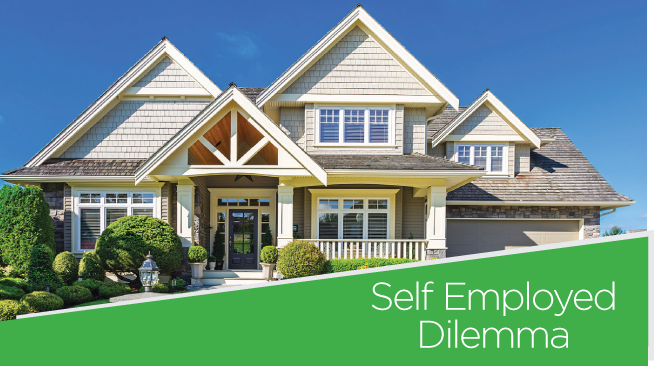 How to Take Equity Out of Your Property
How to Take Equity Out of Your Property
By: David Grossman Mortgage Agent / Lic# M08005924
There are a variety of reasons why people want to take equity out of their properties. The exercise of removing equity from your property is known as a “mortgage refinance” or an “ETO/equity take out”.
Some of the most common reasons people want to take equity out of their properties are to:
1) consolidate debt
2) free up cash for investment purposes, home renovation or any other purpose
3) reduce overall mortgage rate being paid.
As a mortgage agent, one of the first things I try and determine, besides the purpose of the loan request, is whether the applicant/borrrowers have spoken to their existing lender about the need for additional funds. It’s usually less expensive to refinance/increase the first mortgage, if possible, because;
a) second mortgages are almost always more expensive than first mortgages, and
b) there are often penalties to pay out the existing first mortgage if the borrower is in the middle of a contract/mortgage term.
A good mortgage broker will work with you to help you find the best solution. People often want the best rates — and we do deal with banks, trust companies and credit unions who have excellent rates — but if people don’t qualify for the best rates for any reason, we have many lenders, both institutional and private, who can assist.
Some of the reasons people don’t qualify for bank financing are:
i) self employed applicants often don’t report enough income to meet the bank’s lending criteria,
ii) job loss,
iii) credit issues,
iv) tax arrears
v) investment properties, land, construction financing (banks are very strict, and sometimes very slow, when it comes to lending on anything other than straightforward residential properties
vi) commercial or industrial mortgage (as noted in item ‘v’)
vii) need for speed
For no nonsense assistance with your mortgage needs, call me today, I look forward to hearing from you!
Contact: david@loancentral.ca
Tel: 647.557.7389




